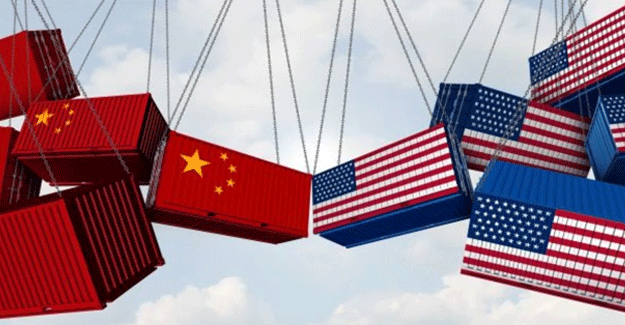
USTR Outlines New Approach Towards Mainland China
US Trade Representative Katherine Tai laid out the United States’ new approach to the Sino‑US trade relationship in a 4 October speech before the Washington, D.C.‑based think tank Center for Strategic and International Studies. She gave no indication that the existing Section 301 tariffs will be lifted and in fact suggested that more tariffs could be imposed if mainland China does not take sufficient actions to address US concerns. Tai said that in order to be successful the US must be “direct and honest” about the challenges posed by mainland China as well as the “grave risk” the US faces if those challenges are left unaddressed. She indicated that these challenges must be tackled to advance President Biden’s vision for a worked‑centred trade policy that “benefits a broad range of stakeholders by rebuilding trust with our workers and aligning our domestic and foreign policies.” Tai indicated that the Biden administration will realign its trade policies toward mainland China around the following priorities.
- Phase One Trade Agreement. The US will discuss with mainland China its performance under the phase one trade agreement, including with respect to purchase commitments for agricultural products.
- Section 301 Product Exclusions: As it seeks to enforce phase one trade agreement commitments, the US will restart its domestic tariff exclusion process to mitigate the effects of “certain Section 301 tariffs that have not generated any strategic benefits and raised costs on Americans.” Through this process USTR will seek to “ensure current Section 301 tariffs align appropriately with our economic priorities like boosting American workers’ wages and job opportunities, securing the resilience of critical supply chains, sustaining our technological edge, and protecting our national security interests.”
- Other Concerns: The US will raise directly and in co-ordination with allies broader concerns with Beijing’s non-market policies and practices like abuse of state-owned enterprises, the theft of US intellectual property, and anti-competitive behaviour and subsidies, and US interests will be defended using the full range of available tools as well as by developing new tools.
- Co-ordination with Allies: The US will continue consulting and co-ordinating with allies and partners to (i) ensure that the terms of competition are fair, (ii) work collectively to set the rules of the road for trade and technology in the 21st century, and (iii) strengthen the global market for workers and businesses.
Textile Excellence
If you wish to Subscribe to Textile Excellence Print Edition, kindly fill in the below form and we shall get back to you with details.













